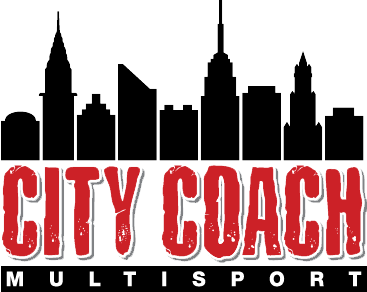Marathon Recovery
Below is my annual repost on marathon recovery.
Congratulations on your marathon. Now that we've gotten that out of the way, here are some ways to promote post-marathon recovery.
- Move. Cooling down prevents blood from pooling in your legs and helps clear lactic acid. If you've paid attention to my earlier posts, (or any physiology text published in the last 25 years) you know that lactic acid is not evil, that levels will return to baseline even if you lay down the moment you cross the line, and lactic acid has nothing to do with soreness. But an active cool down does help return you to resting levels a little sooner. An active recovery also helps redistribute blood flow. After a few hours of being vertical, blood tends to pool in your legs. Plus, the working muscles created an increased demand for your finite blood supply (and borrowed it from internal organs). If you stop abruptly after a marathon (or to a lesser extent, any run) the blood tends to stay where it is, rather than getting back to the aforementioned organs that would appreciate its return.
- Drink. Even on a cool day, you're likely to have sweat out considerably more than you took in. Drink up. By all means have a celebratory adult beverage or two, but don't go crazy.
- Eat. You should aim for about 0.5 grams of carbohydrate per pound of body weight, along with a modest amount of protein. No need to eat right after the race if you can’t tolerate it, but if you fuel up within 1.5-2 hours your body will replenish your depleted glycogen supply more efficiently.
- Ice. If your muscles hurt, ice will probably help. An ice bath may not be the most pleasant experience of your life, but could help reduce swelling, and speed the recovery process by addressing microtrauma in muscle fibers that you (over)used for 26.2 miles of fun. (The efficacy of ice baths in training is debatable, and may actually inhibit performance gains, but right now you're in recovery mode, not training mode. Though heat may feel more soothing, it may actually aggravate the situation in the short term. Also try elevating your feet, and be sure to have a pair of loose, comfortable shoes on hand after the race.
The next week
- Rest. Don’t worry – your fitness won’t disappear if you take it easy. Walking for 15-20 minutes, or a quick swim or bike ride to get the blood flowing can help you feel better. Running is usually not a great idea right away, though some people find that a short (1-2 mile) jog the next day is helpful.
- Massage. While a massage immediately after the race can aggravate your muscles, and there's no evidence to show it will reduce soreness, it’s great in the days after.
- Keep eating. Be sure to fuel your body with a diet that’s rich in complex carbohydrates as well as protein. Eat as many calories as you like, but try to make sure you’re eating good, nutrient dense foods. And by all means keep hydrating well.
- Relax. Don’t feel any pressure to rush back. Go for an easy jog 5-7 days after the race if you like, but don’t worry if you don’t feel great. Full recovery will probably take a month or so, though that varies greatly from athlete to athlete.
Finally, a note about stretching. If your day job is as a contortionist or ballet dancer, by all means stretch like mad, since you need that range of motion. Otherwise, stretching is probably not going to do you any good right now. Despite what you may hear, it will do nothing to decrease your soreness, flush lactic acid, remove toxins or any of that nonsense.
After a great race you may want to be sure not to lose momentum. By that same token, after a disappointing race, the temptation and desire to get back to training is understandable, but similarly misguided. Focus on recovering, and then get back to work.

